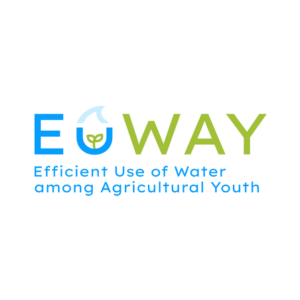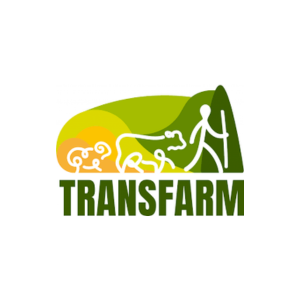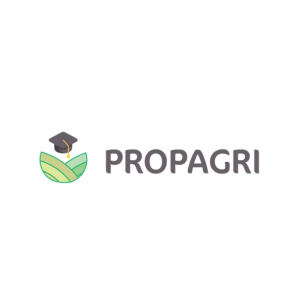Training opportunities for farmers
ELO is committed to providing farmers with training opportunities on a wide range of topics related to the agri-food sector. Through a set of Erasmus+ projects of which ELO is a partner, training platforms covering issues linked to agriculture are available to farmers openly and free of charge. Find the links to the educational hubs below.
Water management

Climate change is straining water availability and quality in Europe, creating regional tensions, especially in farming. This project adopts a bottom-up approach to sustainable water management, offering a Summary Guide, Case Studies, and Training Modules. Materials follow an Open Educational Resources model and will be available in six European languages.
Transhumance

TRANSFARM was a Europe-wide project supporting transhumance practitioners and newcomers through free, multilingual online training materials. It also aimed to raise awareness of transhumance and its benefits. Seven organisations from six countries participated, and the project was co-funded by the Erasmus+ programme.
Social farming

The FarmElder project promotes social farming tailored to the elderly, recognizing its potential for inclusion, therapy, and lifelong learning. It offers training for farmers to better support older adults and builds partnerships with service providers and advocates. This enhances impact, visibility, and collaboration in rural elder care initiatives.
NEETs inclusion
This project connects NEET youth with opportunities in sustainable agriculture, addressing both employment needs and farmers’ desire to share knowledge. It developed innovative training for youth workers to raise awareness, teach green farming skills, and boost the sector’s appeal—ultimately increasing youth employability and farmer engagement across Europe.
Agrotourism
The STAY project promotes agrotourism by offering free, high-quality online training for farmers and rural businesses. It supports professionalization, boosts rural income, and preserves local heritage. The project also addresses data gaps in the sector, with research across several countries.




